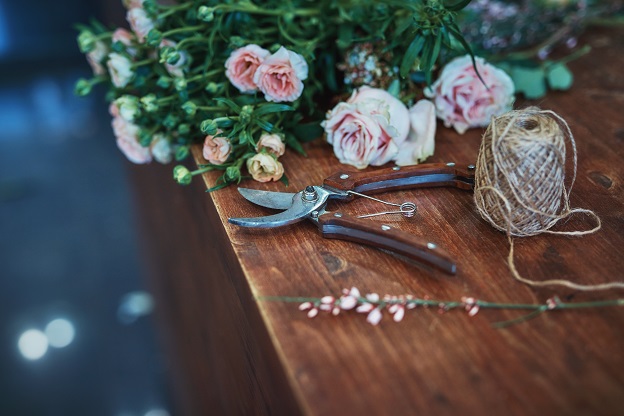Master gardening is the process of growing the plants and vegetables you want to eat and harvesting all the fresh fruits and vegetables you have grown. There are many ways to master gardening so you can enjoy a bounty of harvests all season. There are some tips that you can use to make your garden more productive.
The growing season for vegetable gardens
During the growing season of your vegetable garden, you’ll want to give it the care and attention it needs to produce a bountiful harvest. You will need to plan for the season. This includes researching care requirements and learning work-saving techniques. You’ll also need to decide what type of vegetable you’ll be growing.
Prepare the soil. Ideally, the soil should be moist but not wet. Work in a generous amount of compost to make a solid foundation for your vegetable garden. Adding organic matter will help improve drainage in heavy, alkaline soil.
Identify the best time to start planting in your region. The last spring frost usually marks the beginning of the growing season. If you live in a cooler climate, you may wait until the temperatures begin to rise to plant. In warmer regions, however, you can plant early.
After you have prepared the soil, select a vegetable to plant. Some crops can be started directly in the ground, such as cucumbers, peppers and tomatoes. Others vegetables need to be transplanted. A young transplant is better than seeds.
It is important to monitor the growth of your plants and make sure they are getting enough water. Remember that vegetables only need 1 inch of water per week. It is also a good idea for you to be aware of pests and diseases. A good organic pesticide will help.
Once they are ripe, don’t forget about picking out the full-sized vegetables. This encourages the plant’s production. You can also pick up extra vegetables to give to friends and/or donate to your local food bank.
The growing season of your vegetable garden can be extended with cover crops. These cover crops are a great way for plants to be protected from the elements and to suppress weeds.

Keep wildlife out of your garden
Keeping wildlife out of the garden can be a problem. Whether you’re looking to avoid squirrels, birds or deer, there are a few ways to keep the critters out.
Fencing is a great way to keep animals away. Various types of fencing are available, including wire mesh, welded wire, and plastic mesh. It is important to consider the height when choosing a fence type. Some cities may require permits for fences higher than a certain height.
Bird netting is also a viable option for keeping birds away. You should invest in high-quality netting that’s properly secured. Also, be sure to weight the netting down and cover the top with a sturdy frame. This will stop the netting from flapping.
It is also a good idea include plants that attract bees. Many insects are pollinators themselves. Plants such as dill, daffodils, garlic and onion are effective.
Using a motion-activated hose sprinkler is another great way to keep wildlife out. Attach a spray nozzle directly to the hose. The hose then automatically waters the garden.
A well-constructed fence can be a good way to protect your garden. There are several options to choose from, and you should experiment to find the best fit for your yard.
Trellises are also a great option. In addition to blocking access to your vegetable garden, trellises are a great way to promote your fruit or flowers.
If you have a large vegetable garden, you may need an electric fence. Raccoons are known to climb ordinary fences, but a well-maintained electric fence can keep them out of your garden.
Other methods of keeping wildlife out of the garden are less expensive and can be done naturally. However, these methods are unlikely to stop the pests altogether. Be vigilant and take immediate action if you notice any signs of pest infestation.
Avoid pesticides that end up killing things you don’t have
When it comes to the use of pesticides, there is no one size fits all approach. It is important to consider your particular pest problem and determine the best way to solve it. There are also personal safety and environmental issues that you should be aware of. It is a good idea to keep a record of the pests you have. This will allow you to implement effective control measures should your problem become severe.
It’s a good rule of thumb to only buy the most frequently used product. Buying more than you need can lead to wasted money. Keep the unused portions in an airtight container and you’ll be sure to get the most bang for your buck. The UC Cooperative Extension is a great resource for information if you are unsure of where to begin.
If you’re interested in using a pesticide on your property, the following tips will help you get the most bang for your buck. Before applying any liquid or powdered chemical, be sure to clean the area thoroughly. Make sure to wear appropriate clothing, such as closed shoes and long sleeved shirts. Pay attention to the weather as some pesticides can evaporate at high temperatures.
A small amount of pesticide can be applied correctly to keep your yard and home safe from insect and weed damage. Some products can even prevent fungal disease from reaching plant leaves. You can protect your home and save money by following these simple guidelines. You will need to understand and read the label.
Leave a Reply